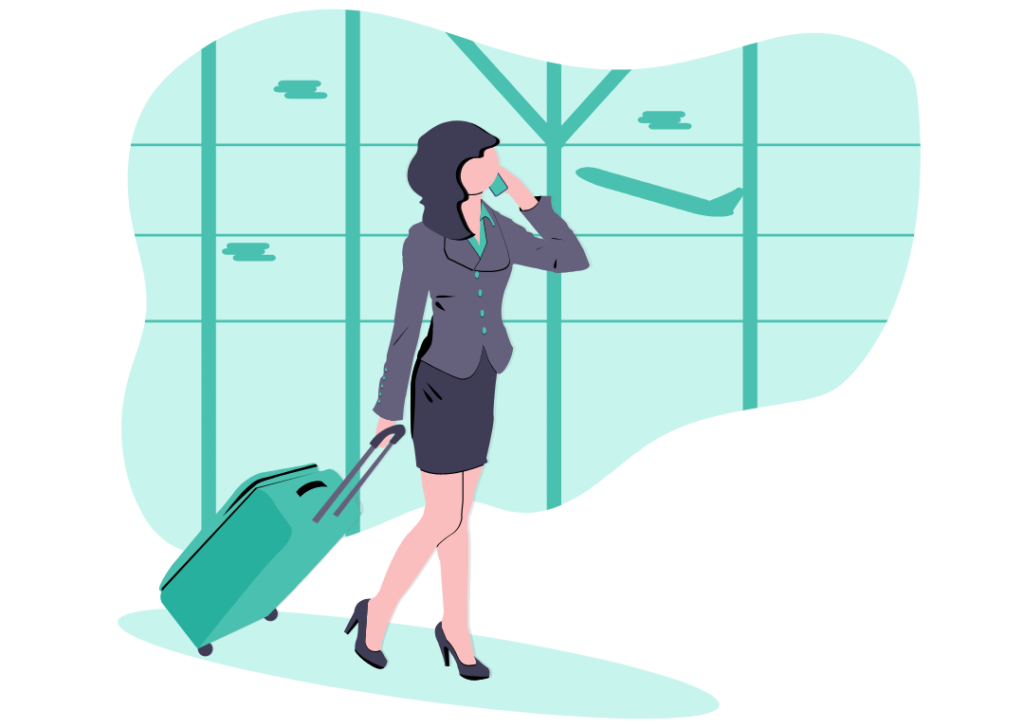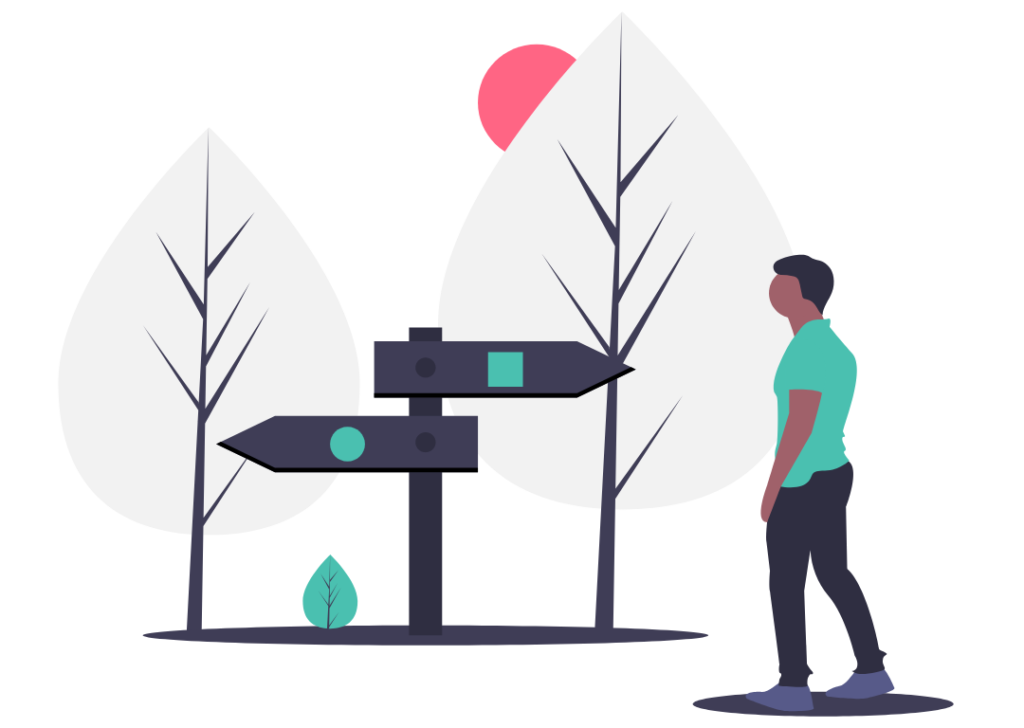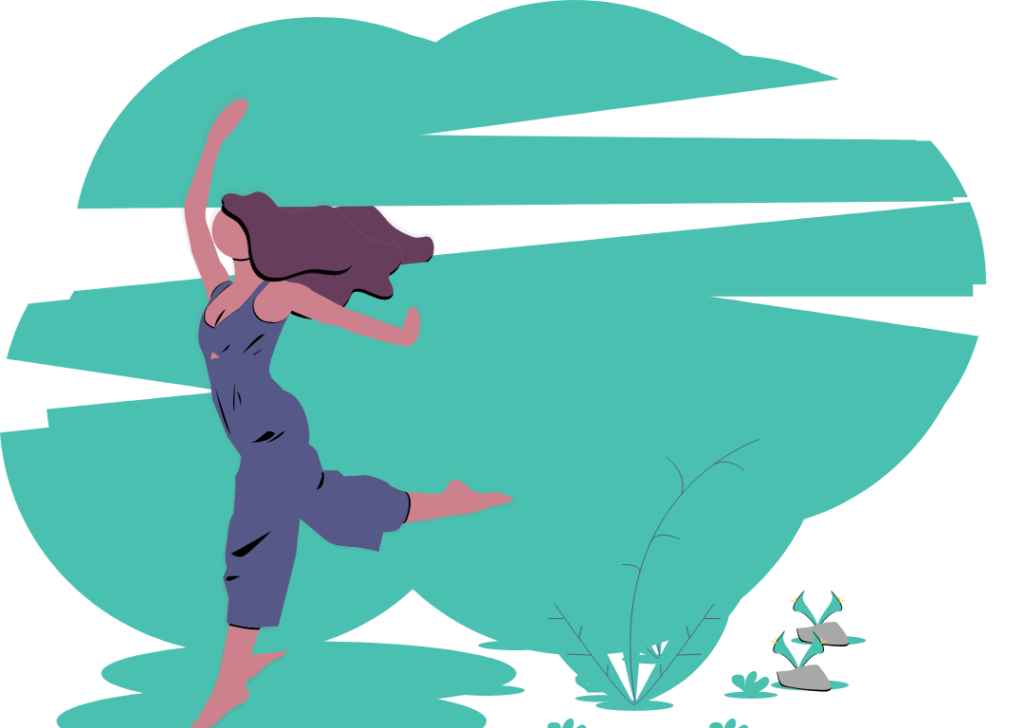
Healing Our Relationship Through Caregiving
Like many other family caregivers, Deb was excelling in her career when she became a caregiver to her father with congestive heart failure

Rachel became a caregiver to her father at a young age and continuously stepped into the caregiving role when her family needed her. She shows that staying organized and learning to effectively advocate on behalf of her family members are crucial skills, that asking for help is encouraged and how learning to make difficult decisions early on in life helped her start her career helping families manage end of life planning. This is Rachel's story.
As told to Open Caregiving and lightly edited to enhance readability while preserving the author’s voice.
Hi! My name is Rachel Donnelly. I’m Gen Xer living with my husband and kids in Decatur, Georgia. After learning through my own caregiving experience, I now help families manage the complexities of end-of-life planning and organization.
My caregiving journey officially began at age 13 when my father was diagnosed with cancer. Three years later, my mother, siblings and I had to make the difficult choice to discontinue life support and he passed away shortly after.
Unfortunately, years later, I had to make the same choice for my mother, which left my sister and me as the next-in-line caregiver for our uncle who was in the late stages of Parkinson’s Disease.
These circumstances forced me to grow up earlier than my peers and to make decisions around end-of-life that many have never considered so young.
I have cared for many members of my family in the past, including my grandmothers, father, mother, and uncle. These loved ones have all since passed away and now I care for my amazing husband, son, and daughter.
Keep consistent notes because you will forget important details and information that will help now and down the road.
Do as much estate and legacy planning as possible now. And I’m not just referring to wills, power of attorney and advance care directives. These documents are crucial, but I also encourage family caregivers to document and preserve stories, traditions, photos, digital assets, and other end-of-life wishes.
You have to be a relentless bulldog in advocating for your loved one. You also must ask questions, pester people, and even be annoying at times. Nobody is going to do that but you.
I’ll be honest, I didn’t do the best time balancing. With each task and decision, I tried to remind myself that I was doing the best I could with the information and resources I had. Many times, caregivers and family members are put in circumstances where they have to make decisions without knowing what their loved one would do or want. Sometimes, you just have to take a deep breath, follow your gut, and do the best you can.
I can’t recommend a new app created by CircleOf enough! This free caregiving app empowers caregivers to surround themselves with support from friends and family, and ask for extra help when they need it most.
I would encourage them to ask for help and when possible, outsource tasks to friends, family and/or professionals. You don’t and shouldn’t have to do this alone.
Also, I can’t stress enough to engage palliative care at diagnosis. If you or a loved one has just been diagnosed with a serious illness, like cancer, heart disease, dementia, ALS (amyotrophic lateral sclerosis), or other illnesses, palliative care can help you right away.
I realize now that my upbringing and experiences with caregiving, end-of-life and after loss led me to create something truly extraordinary, which is a business that I needed or would have wanted during some of my toughest times.
I founded Black Dress Consultants to help family members and individuals manage the unavoidable logistics and administrative tasks of end-of-life. Every day, I wake up with a goal to help families grieve better, whether that is by making sure they’re more prepared beforehand or by taking tasks off their plate after a loss.
Each phase of my life has been a learning experience, which I’ve tried to approach with laughter, knowing it truly is the best medicine.

Like many other family caregivers, Deb was excelling in her career when she became a caregiver to her father with congestive heart failure

Mr. T’s mom had been battling cancer for two years when a recent hospital visit revealed the cancer had spread throughout her body.

Lickety's father cared for her mother when she was diagnosed with vascular dementia. Then he suddenly passed.